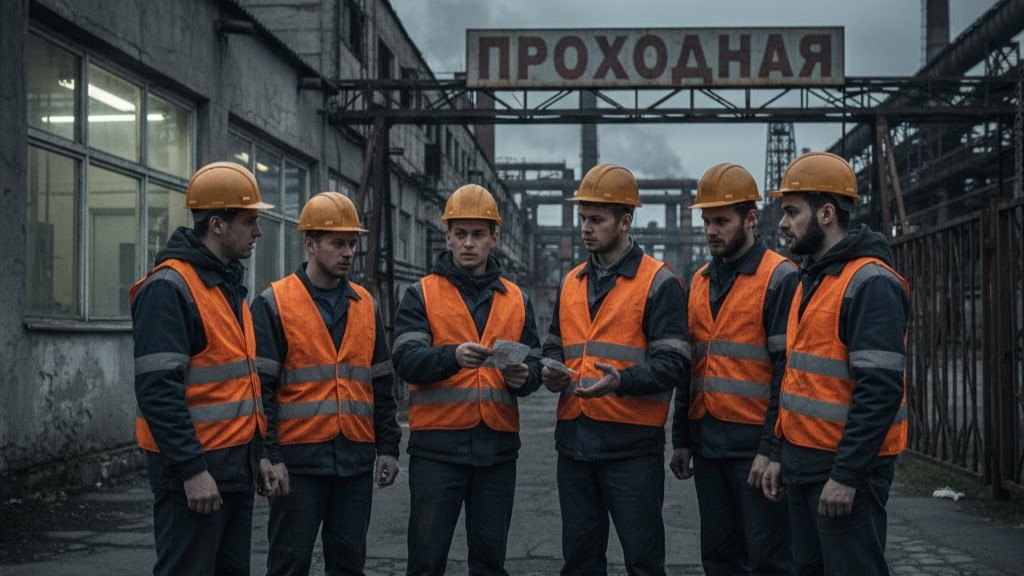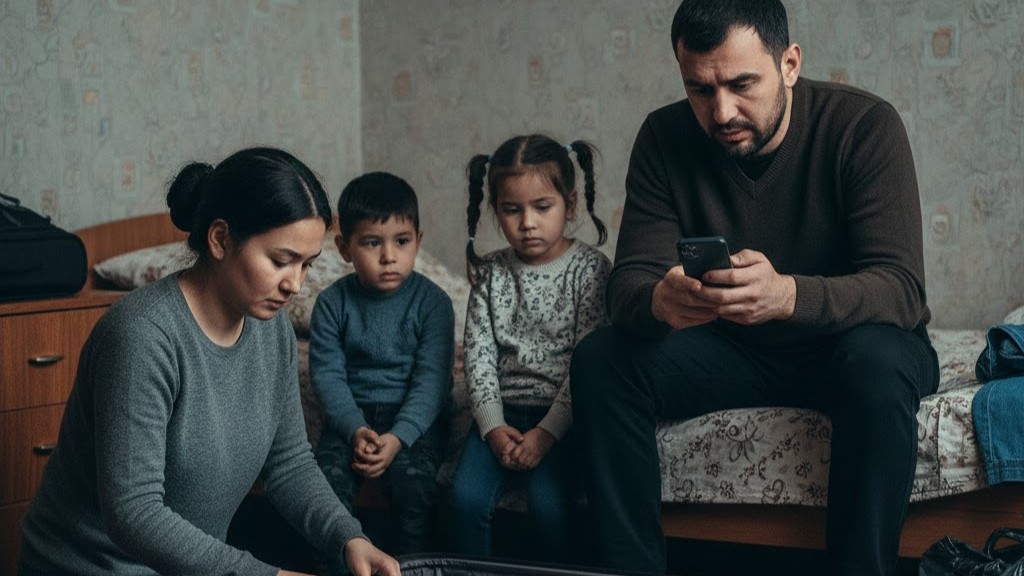When Social Support Turns Into a System
Who Deserves a Decent Wage? 7 Out of 10 Russians Say the System Is Broken

Is income
distribution fair in Russia?
This question has moved beyond economics — it's now a clear social concern, voiced by millions. And thanks to a
recent large-scale survey, we now know just how deep the issue runs.
According to
the results, seven out of ten Russians believe
income in the country is distributed unfairly.
More than 12,000 people participated in the poll, covering diverse regions,
industries, and professions.
This isn't a vague frustration — it's a message. And it's loud.
📉 The Paycheck Gap: Wages vs. Prices
The main
reason behind people's dissatisfaction is clear: wages
are not keeping up with rising prices.
Nearly 38% of respondents listed this as the top issue. Another 32% said the entire wage system is outdated and needs a complete
overhaul.
And faith in the "invisible hand of the market"? Practically gone — only 3% still believe market forces will fix everything on their own.
This is not just economic concern. It's a loss of trust in the system itself.
🧭 What Else Are People Saying?
A major point of frustration comes from regional inequality.
"I live in the countryside. Our wages are three times lower than in Moscow, but food and utilities cost the same. Where's the fairness in that?"
This perspective was echoed by hundreds of participants. And it's more than a complaint — it's a systemic imbalance.
If essential costs are the same, but income varies wildly depending on your zip code — then the foundation of economic justice crumbles.
🧠 What Do People See As Fair?
When asked what should determine someone's salary, the answers were thoughtful and consistent:
- Professional skills and qualifications came first.
- Experience and performance followed closely.
- Many also emphasized hard work and responsibility — often valuing these even more than formal education.
People aren't asking for handouts or equality of outcome. They're asking for clear, rational, and fair rules.
"It doesn't matter what job you have. What matters is whether your salary allows you to live — not just survive."
⚒️ Worker vs. Office Job? The Public Made Its Choice
Another key
question: should higher education always mean a higher salary?
The answer was more nuanced than expected.
A quarter of
respondents said every job deserves a decent wage,
regardless of status.
Yes, education matters — but so does the physical
effort, responsibility, and real-world impact of a job.
Whether you're a construction worker or a software engineer — if your work is valuable and hard, it should be paid accordingly.
Most agreed that the best solution is a flexible approach, taking into account regional differences, industry demands, and individual contribution.
🧩 People Don't Want Charity — They Want Structure
This may be the most important takeaway from the survey.
Russians are
not asking to be paid more "just because."
They're demanding that the value of their labor be
recognized — and reflected in their pay.
So the real question is:
If society clearly understands what fairness looks like, why hasn't the system changed?
The answer
likely lies in outdated policies, economic inertia, and the lack of real
dialogue.
But the public has spoken. The current approach no longer satisfies the
majority.
⚖️ Final Thought
This survey
didn't just capture frustration.
It revealed a mature, thoughtful public voice
— one that wants a fair deal, not special treatment.
If no new
system is introduced — one that's just, transparent,
and regionally adjusted — trust will continue to erode.
And that trust is not just an economic issue — it's a matter of social stability.
Fairness isn't a slogan. It's the feeling that your work matters, and your life is respected.
And once people lose that feeling — the system begins to fall apart.
Подписывайтесь на канал, ставьте лайки, комментируйте.
Repressions in the Navy? Or a System Reset: What Stands Behind the High-Profile Sentences
A number rarely appears in the news without consequences: 592 million rubles.
When Washington expected to pressure an "isolated" Iran, the regional landscape suddenly shifted. The surprise did not come from a Gulf monarchy, nor from a Western coalition partner — but from the Taliban, a force the United States spent two decades fighting without achieving a decisive outcome.



